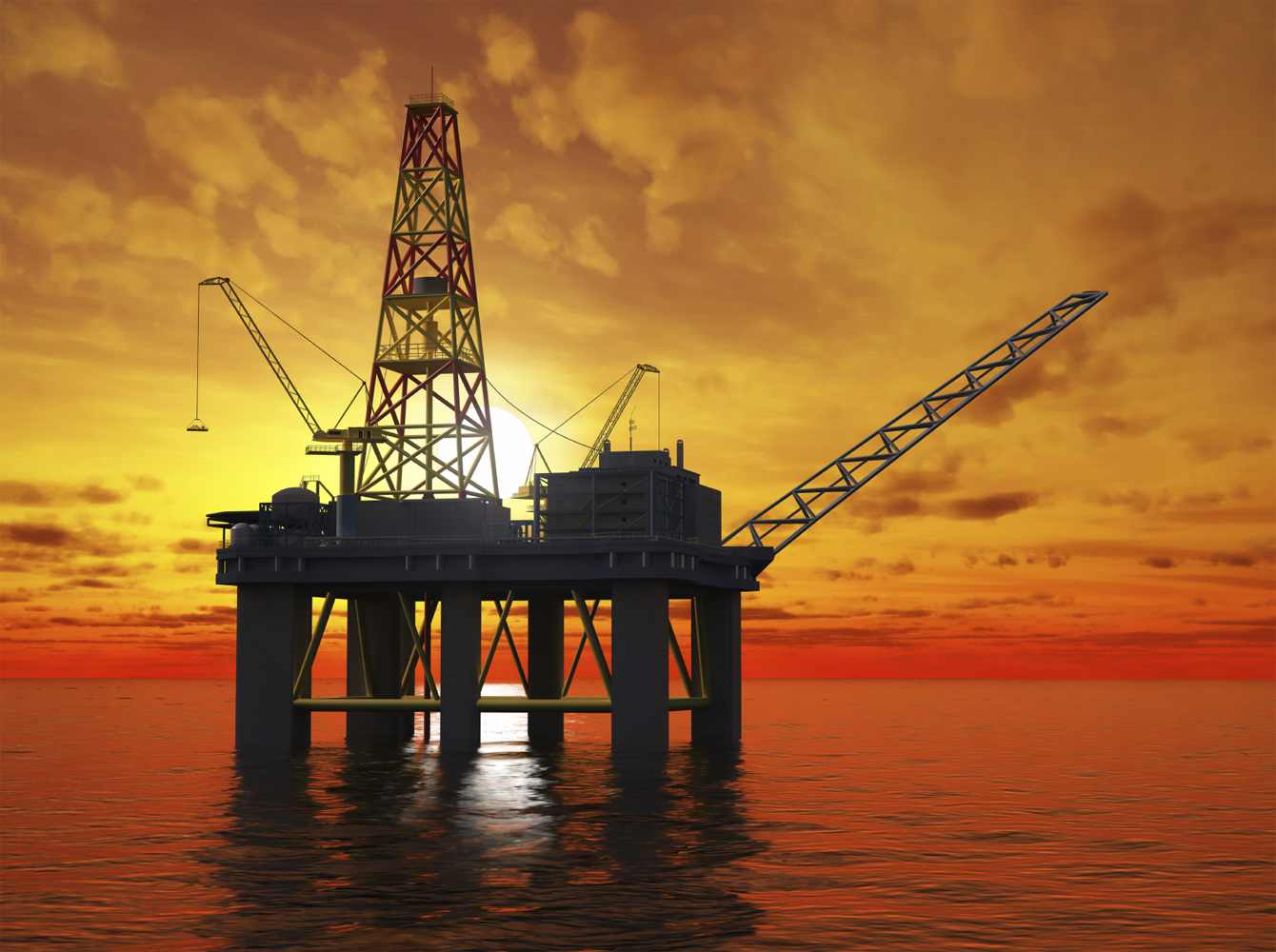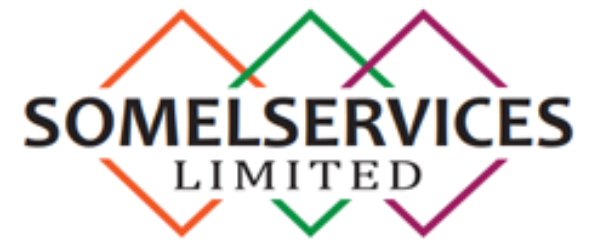
Course Description:
Embark on a journey through the fascinating world of oil and gas, from their formation deep within the Earth’s crust to their journey to fueling our modern world. This introductory course provides a comprehensive overview of the entire exploration and production (E&P) cycle, equipping you with the essential knowledge and understanding of this vital industry.
Target Audience:
- Professionals new to the oil and gas sector seeking a solid foundation.
- Individuals from diverse backgrounds who want to explore the complexities of E&P.
- Anyone with a keen interest in understanding the science, technology, and business of hydrocarbon resources.
Course Objectives:
- Gain foundational knowledge:
- Understand the geologic origin and distribution of oil and gas reservoirs.
- Explore the various geophysical exploration methods used to locate these hidden treasures.
- Discover the intricacies of drilling technology and well completion techniques.
- Get acquainted with production processes, from surface facilities to transportation pipelines.
- Develop key skills:
- Analyze geological data and interpret seismic surveys.
- Understand basic petroleum engineering principles.
- Appreciate the environmental and social considerations inherent in E&P activities.
- Gain insights into the global oil and gas market and its economic impact.
- Spark your curiosity:
- Explore the cutting-edge technologies transforming the industry, such as horizontal drilling and fracking.
- Discuss the challenges and opportunities of transitioning to renewable energy sources.
- Understand the ethical considerations and best practices for sustainable E&P operations.
Course Outline:
- Module 1: The Formation and Distribution of Oil and Gas:
- Understanding the geological processes that create hydrocarbon reservoirs.
- Classifying different types of oil and gas accumulations.
- Exploring the global distribution of oil and gas resources.
- Module 2: Geophysical Exploration Techniques:
- Demystifying seismic surveys and well logging methods.
- Interpreting geological data to identify potential drilling targets.
- Analyzing the accuracy and limitations of various exploration techniques.
- Module 3: Drilling and Well Completion:
- Delving into the mechanics of drilling rigs and different drilling methods.
- Understanding the importance of well completion and stimulation techniques.
- Exploring safety and environmental considerations during drilling operations.
- Module 4: Production and Transportation:
- Discovering the processes involved in bringing oil and gas to the surface.
- Investigating surface facilities, pipelines, and different transportation methods.
- Discussing the economic and logistical challenges of production and transportation.
- Module 5: The Future of Oil and Gas:
- Exploring the impact of renewable energy sources on the industry’s future.
- Analyzing the challenges and opportunities presented by technological advancements.
- Discussing the importance of sustainable E&P practices for environmental protection.
Training Methodology:
- Interactive lectures: Engaging presentations with clear explanations and captivating visuals.
- Interactive activities: Group discussions, case studies, and hands-on simulations to solidify understanding.
- Guest speakers: Insights from industry experts and professionals sharing real-world experiences.
- Field trip (optional): Visit to a drilling site or production facility (to be confirmed based on feasibility and local regulations).
Course Benefits:
- Gain a comprehensive understanding of the oil and gas E&P cycle.
- Develop fundamental skills and knowledge relevant to various industry positions.
- Improve your ability to analyze data, interpret information, and make informed decisions.
- Expand your professional network and connect with fellow learners.
- Prepare for further education or career advancement in the oil and gas sector.


